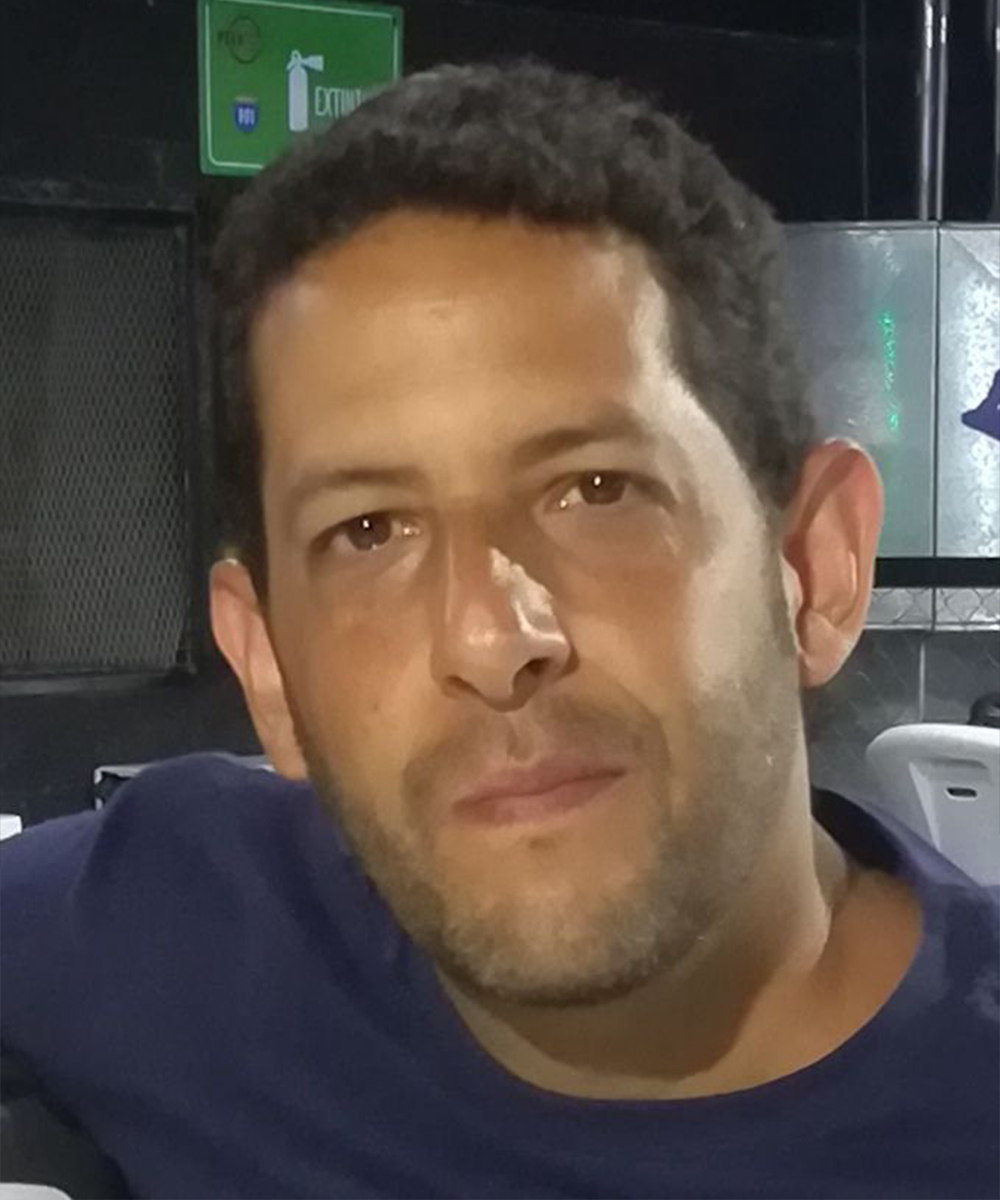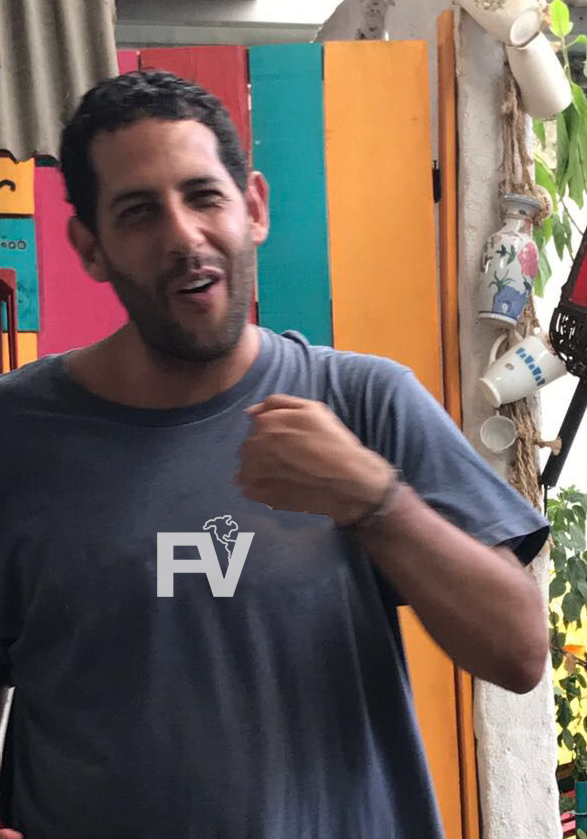Federico Vázquez Calero, PhD
Biographical Review
As a political scientist working in international development and governance for nearly 20 years, I have spent part of my career trying to get policy-oriented scholars, professionals, practitioners, and policymakers to think and work politically. For that, I have been trying to promote creative ways of doing political analysis and developing strategies for understanding and managing perceptions, perceptions of risks, situations, problems, policy decisions, solutions, social norms. Managing perceptions requires doing “soft power politics” and if you want to think and work politically you need political smart methods, skills, and practical tools. For example, if you want to manage the public’s risk perception during a public health emergency, as Covid-19 pandemic, you need effective strategies for policy communication as part of your global political strategy, especially if you want to change the mindset, the language and the image of some issue or problem to make progress. This perspective can play a critical role for many situations and human problems. Having the skills for managing perceptions, can be a crucial toll for facing multiple challenges that require better decisions and more effective responses.


Federico Vázquez became, by accident, passion, and opportunity, a specialist in the analysis and management of risk perception. As a political scientist, he´s interested both in the political nature of the formation of risk perceptions, in terms of their power dynamics, processes where social, political, cultural, and psychological factors interact, and in their political relevance, that is, their influence on collective responses (behaviors, decision making, collective actions, institutional or policy responses) and their consequences for people’s daily lives, functioning and well-being of their societies.
- He is a Mexican internationalist and political scientist interested in the political aspects of development and human well-being, successful institutions and, “soft power” in international and domestic politics; with more than fifteen years of experience in the field of political cooperation for development and governance, and the analysis of social and political processes in Latin America and Mexico, with interest also in Canada and the United States. He collaborates from the practice on topics such as state capacity/good governance, the political aspects of public health and health diplomacy, and the political analysis and management of perceptions of collective life issues.
- He is currently an official – National Consultant – of the Pan American and World Health Organization (PAHO / WHO) in the area of health promotion policy and determinants of health. During the Covid-19 pandemic health emergency, he has been responsible for developing a special initiative for analysis and management of public risk perceptions and risk communication strategies, as well as liaison with the United Nations system and international cooperation.
- Also, he dedicates part of his professional and intellectual activity to the creation of a policy-oriented Lab to promote a practical approach for thinking and working politically on perceptions of risks, through creative ways of doing political analysis and designing strategies for changing or managing perceptions that can impact on better responses (decisions, behaviours, policies, collective actions) that impact different facets of individual and collective well-being.
He received his bachelor’s degree in International Relations from the Iberoamerican University of Mexico. He holds a master´s degree in Latin American social and political studies and finally, he obtained his PhD in Political Science, both in Chile. In December 2015- He completed his postdoc training as a two-year Visiting Research Fellow at the Institute for the Study of International Development (ISID), McGill University, Montreal, Canada; same year in which he was also certified by the Building State Capability Program of the Institute for International Development at Harvard´s Kennedy School of Government.
He has collaborated as a consultant and analyst for international organizations such as ECLAC (Gender Division) and UNDP (PAPEP – strengthening democratic governance in Latin America). He directed the area of political and international affairs of the Friedrich Ebert Foundation in Mexico for more than three years and has advised politicians in the progressive field of Mexico, Chile, Argentina, and Uruguay. Until May 2014, he worked as a collaborator and Country Manager of Avina´s Foundation in Mexico and subsequently an advisor to the initiative “Where is my Government?” of the same Foundation that he himself contributed to create (www.dondeestamigobierno.org).
Until the end of 2015, he carried out tasks as an advisor to the Incide Social organization as a member of its Governing Board, international consultant on matters of political affairs for development and, advisor on governance and corruption prevention policies of the Office of the United Nations against Drugs and Crime in Mexico (UNODC); until March 2017 he collaborated in the Executive Secretary of the National System for the Integral Protection of the Rights of Girls, Children and Adolescents (SESIPINNA), as Deputy Director General in charge of strategic projects and international affairs.
He is currently an official – National Consultant – of the Pan American and World Health Organization (PAHO / WHO) in Sustainable Development and Population Health. During the Covid-19 pandemic health emergency, he has been responsible for developing a special initiative for analysis and management of public perceptions and risk communication strategies, as well as liaison with the United Nations system and international cooperation.

Risk Perception Politics
Thinking and working politically on perceptions of risks and collective responses that impact people's daily lives and human well-being.